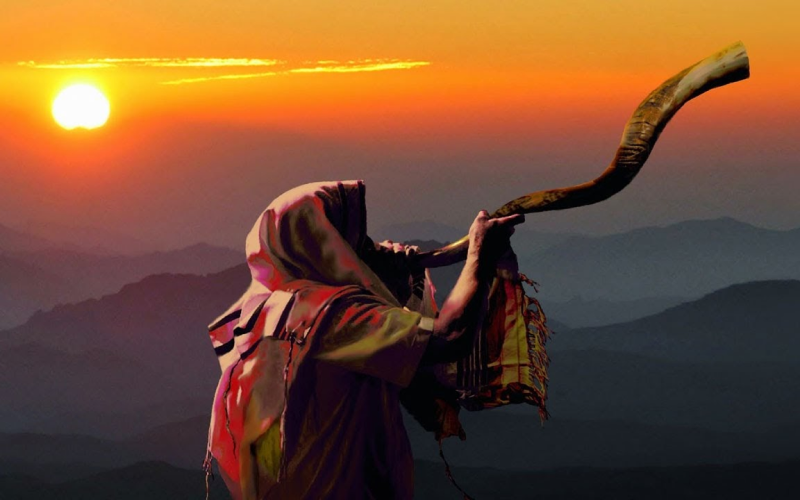The Bible is not only a spiritual guide but also a historical document that provides insights into the culture and traditions of ancient Israel. One significant aspect of this rich heritage is the observance of the seven biblical Hebrew feasts. These feasts, also known as the "appointed times" or "holy convocations," were established by God and played a vital role in the lives of the Israelites. In this blog, we will learn each of these feasts, their significance, and how they are celebrated even today.
Seven Biblical Hebrew Feasts
Passover (Pesach)
The first of the seven biblical Hebrew feasts is Passover, also known as Pesach. This celebration remembers when the Israelites were freed from being slaves in Egypt. It is observed in the spring, during the Hebrew month of Nisan (March/April). Passover begins with a special meal called the Seder, where participants retell the story of the Exodus and partake in symbolic foods such as matzah (unleavened bread) and bitter herbs. The central message of Passover is freedom and redemption.
Feast of Unleavened Bread (Chag HaMatzot)
The Feast of Unleavened Bread follows immediately after Passover and lasts for seven days. During this time, the Israelites were commanded to eat only unleavened bread, symbolizing the haste with which they left Egypt. This feast serves as a reminder of their deliverance and the need to remove all traces of sin from their lives. This is a moment for thinking back and feeling sorry.
Feast of Firstfruits (Yom HaBikkurim)
The Feast of Firstfruits is celebrated on the day after the Sabbath that falls during the Feast of Unleavened Bread. It marks the beginning of the barley harvest in Israel. In biblical times, the Israelites would bring the first sheaf of the harvest to the priest as an offering. This feast represents gratitude for God's provision and serves as a reminder that everything belongs to Him.
Feast of Weeks (Shavuot)
The Feast of Weeks, known as Shavuot or Pentecost, occurs fifty days after the Feast of Firstfruits. It commemorates the giving of the Torah (the Law) to Moses on Mount Sinai. This feast is significant for both agricultural and historical reasons. Agriculturally, It's the time when Israel gathers its wheat crop. Historically, it symbolizes the covenant between God and the Israelites and their acceptance of His commandments.
Feast of Trumpets (Yom Teruah)
The Feast of Trumpets, also known as Yom Teruah or Rosh Hashanah, is celebrated on the first day of the seventh month of the Hebrew calendar (Tishrei). It is a day of rest and blowing of trumpets, signifying a call to repentance and preparation for the upcoming Day of Atonement. This feast is associated with the anticipation of the Messiah's return and the final judgment.
Day of Atonement (Yom Kippur)
The Day of Atonement, known as Yom Kippur, is considered the holiest day of the year for the Jewish people. It occurs ten days after the Feast of Trumpets and is a time of fasting, prayer, and repentance. On this day, the high priest would enter the Holy of Holies in the Tabernacle or Temple to make atonement for the sins of the people. Yom Kippur emphasizes the need for reconciliation with God and one another.
Feast of Tabernacles (Sukkot)
The Feast of Tabernacles, also called Sukkot, is the final of the seven biblical Hebrew feasts. It is celebrated for seven days, followed by an eighth day known as the "Last Great Day." Sukkot commemorates the Israelites' journey through the wilderness and their dwelling in temporary shelters (sukkahs). At this special celebration, folks construct and stay in sukkahs, representing how they rely on God for care and safety.
Conclusion
These seven biblical Hebrew feasts provide a framework for the Israelites to remember and celebrate their history, faith, and relationship with God. Today, many Jewish communities and even some Christian groups continue to observe these feasts, keeping alive the traditions and teachings of the Bible. By understanding the significance of these feasts, we can gain a deeper appreciation for the roots of our faith and the timeless truths they convey.
